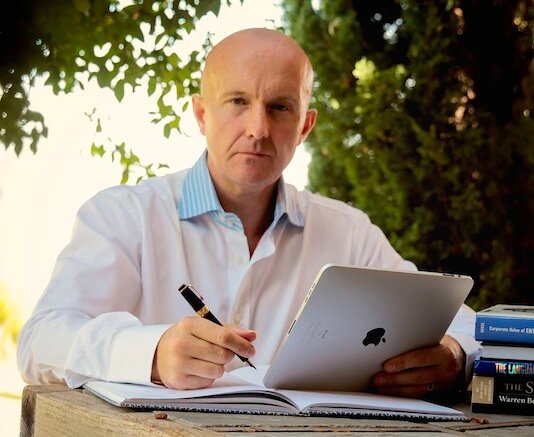Do you know what the future holds for your small or medium sized enterprise? It’s impossible to predict the future of course, but there may be an issue approaching that you had not yet considered. This issue is transfer failure.
You may not have heard of the term transfer failure before, it’s a recent phenomena which occurs when a small and medium enterprise owner is looking to retire, but cannot find a viable avenue for the sale of his or her business. This is called age-related transfer failure, and is a vulnerability that affects an increasing proportion of SME owners, and could potentially affect you. No matter how far away retirement is (or seems to be), the issue of transfer failure is a growing concern for any business owner.
There are no official statistics on business transfers, so it is difficult to know for sure how many SME’s are truly affected. The purchase or transfer of a business of any size is complex, with multiple factors requiring consideration. These complications increase when the market, that an entrepreneur like yourself is entering into, is hostile.
Imagine you are planning to retire and sell your company, only to discover that all you receive are low offers, or fail to receive a coherent offer all together. You are now left with few options; one of the main ways people can gain capital from their business is to liquidate the company, in some cases to sell off stock, machinery and buildings to pay for the retirement they have earned. But in your case this means staff losing their jobs, and demolishing the company you have fought hard to create.
SME Survival
Entire generations of business owners are now rapidly approaching, or way past retirement age. These people are now discovering that the business they have spent their life developing has turned into an albatross around their neck, forcing them to carry on working well past retirement age, at a time they should be enjoying the successful legacy they have worked towards.
Only a relatively small percentage of family-owned firms survive within the family: around 5-15% of such businesses reach the third generation, so it is very likely that a larger company or even a competitor will seek to purchase a SME that’s on the market.
As the owner of a SME, you may find yourself in the coming years hoping for a comfortable retirement. After all, you have earned it, by forming a business and growing it to the level that you, contributing to the local area and offering a valid alternative to the big, corporate giants.
Legacy and Community Costs
The cost is not only to you personally, but the loss of jobs can has a bigger impact on communities than you perhaps realise.
The loss of a business that employs a percentage of workers in a rural or less built up area can have a huge negative impact on the immediate area, especially in a climate of limited employment options across the Europe.
There is also the issue in many cases of personal pride. Do you want your company to fall on the scrap heap, or to be disassembled by a competitor that you have been forced to sell to? These issues are why we must work towards a solution to transfer failure together as small business owners.
Is There A Solution?
Maybe. As you know in the world business, especially entrepreneurial endeavours, nothing is certain. The solution is a difficult one and a process that need more attention by everyone involved with SME buyouts to be fully realised.
I personally propose the introduction of consultancy services that works with both the business owner and potential buyers, perhaps offering organisational assistance . All of this ensure that the ethos and importantly, the staff remain intact, while providing a mutually beneficial deal for both parties.
 Stephen Gordon Greenwood is a modern financial innovator with 25 years of financial experience across some of the largest companies in the world including BNP Paribas, Willis Plc and Equifax. He studied classical music at Leeds University, Essen Verden School of Music in Germany and at The Conservatoire of La Linea in Cadiz.
Stephen Gordon Greenwood is a modern financial innovator with 25 years of financial experience across some of the largest companies in the world including BNP Paribas, Willis Plc and Equifax. He studied classical music at Leeds University, Essen Verden School of Music in Germany and at The Conservatoire of La Linea in Cadiz.
Stephen is now working towards assisting with the principled and ethical buyouts of small and medium sized enterprises. He has a blog where he shares opinion and reporting on business ethics, with a myriad of other interests both personal and professional.



